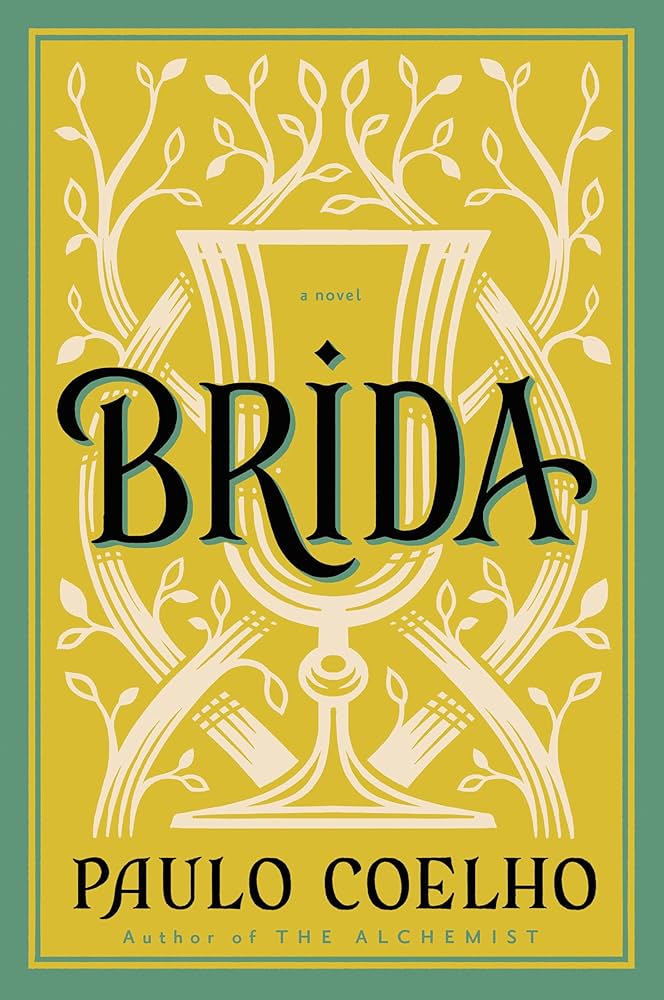
Manuscript Found in Accra
Book Description
Amid the crumbling walls of a besieged city, a group of seekers gathers under the cloak of twilight, each carrying their own burdens and dreams. As they confront their deepest fears, questions of love, faith, and the passage of time emerge in powerful, poetic fragments. Through illuminating conversations, their truths ignite sparks of resilience, illuminating the shadows of despair. With every word, the urgency of their plight deepens, as hope dances precariously on the brink of oblivion. What wisdom will emerge from the ashes of conflict, and will they find the strength to embrace the unknown?
Quick Book Summary
"Manuscript Found in Accra" is a contemplative novel by Paulo Coelho set in Jerusalem on the eve of a pivotal historical siege, in 1099. As the city braces for invasion by Crusaders, a diverse group of townspeople convene around a mysterious Greek sage known as the Copt. They bring burning questions about fear, defeat, love, solitude, and the search for meaning in troubled times. The Copt addresses their inquiries with poetic wisdom, sharing reflections that blend spiritual insight with pragmatic advice. Through these dialogues, the novel weaves together an exploration of human resilience, collective wisdom, and the enduring power of hope in the face of uncertainty. Coelho delivers an uplifting message about finding inner peace and purpose amidst turmoil, encouraging readers to cherish compassion, forgiveness, and authentic living.
Summary of Key Ideas
Table of Contents
Finding Strength in Times of Crisis
Set against the backdrop of 11th-century Jerusalem, the story unfolds as Crusader forces prepare to besiege the city. The citizens, anxious and fearful, gather in a square to seek guidance from the Copt, a wise stranger who has lived among them for years. The urgency of impending destruction provides the framework for heartfelt discussions on the nature of human existence and endurance. People, regardless of their faiths and backgrounds, unite in shared vulnerability to confront the uncertainties that beset their lives.
The Nature of Fear and Courage
Rather than receiving tactical battle advice, the crowd prompts the Copt with deeply personal and existential questions. He speaks on fear, explaining that it is not the enemy but a necessary catalyst for growth and discovery. Addressing defeat, he urges them to see it as an inevitable part of life, from which valuable lessons and renewed strength can arise. His responses encourage introspection and the importance of perseverance even amidst overwhelming odds.
The Purpose of Love and Forgiveness
Love emerges as a central theme, with the Copt asserting its vital role in binding humanity together. He explores relationships, forgiveness, and compassion, emphasizing that love—both romantic and platonic—is a redemptive force that outlasts adversity. Forgiveness, he asserts, liberates both the giver and receiver, enabling individuals and communities to transcend the wounds of the past.
Embracing Change and Uncertainty
As the night progresses, the Copt discusses solitude, change, and uncertainty. He urges the listeners to accept change as intrinsic to life and to approach the unknown with openness rather than fear. Solitude, he maintains, can be a transformative space for self-discovery and spiritual clarity, fostering growth that communal experiences alone cannot provide.
The Search for Meaning and Wisdom
Ultimately, "Manuscript Found in Accra" is a meditation on the human capacity for resilience, wisdom, and hope. Through poetic discourse, Coelho offers readers tools for navigating personal and collective crises. The Copt’s teachings inspire embracing the present moment, cultivating inner peace, and living in accordance with one’s values, even when circumstances threaten to overwhelm. The novel suggests that meaning is not found in external circumstances, but is created through conscious choice, compassion, and the resilient nurturing of the human spirit.
Download This Summary
Get a free PDF of this summary instantly — no email required.





